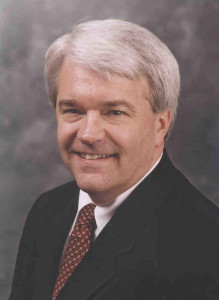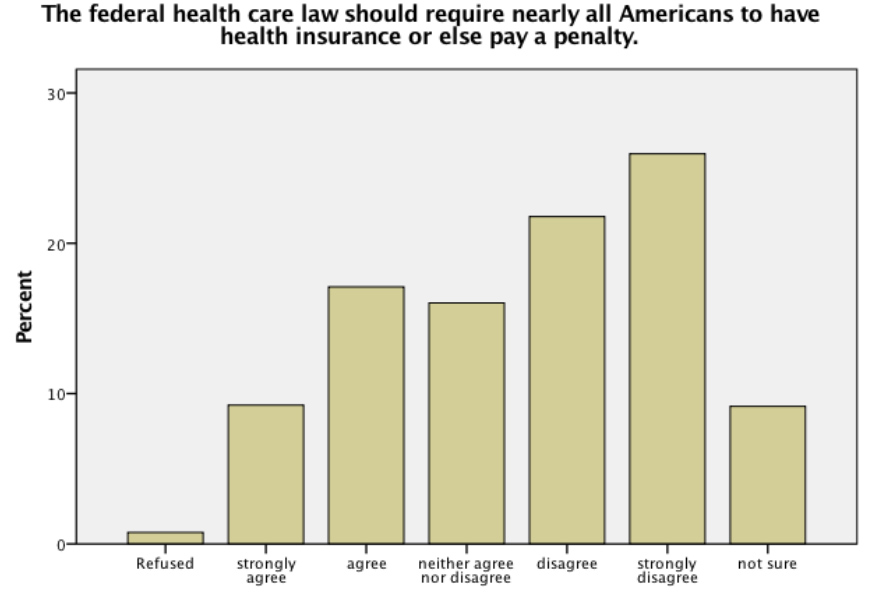As House Republicans labor to define a new plan to replace the Affordable Care Act (Obamacare), public support for the 2010 legislation is at an all-time high, according to a national survey taken in January by researchers at Washington University in St. Louis.

“Among Americans in our sample, those opposing repeal now outnumber those favoring repeal, but the margin is small and the divisions are clearly defined by political affiliation,” said Steven S. Smith, the Kate M. Gregg Distinguished Professor of Social Sciences in Arts & Sciences. “The vast majority of Democrats oppose repeal; the vast majority of Republicans favor repeal.”
Summarized in a report issued this week by the university’s Weidenbaum Center on the Economy, Government, and Public Policy, The American Panel Survey (TAPS) polls suggest that most Americans are in agreement about what they like or dislike most about the Affordable Care Act (ACA).
Among the most popular ACA provisions: prohibiting insurance companies from denying coverage for pre-existing conditions; requiring certain preventative services to be provided without additional out-of-pocket charges; and allowing people to be included on parents’ insurance policies until age 26.
“These features increase the cost of providing insurance coverage and are proving to be a challenge to congressional Republicans’ efforts to create less expensive health insurance options,” said Smith, an expert on congressional politics and director of the Weidenbaum Center.
Meanwhile, a majority of Americans polled also expressed a great dislike for the ACA provision that places a tax penalty on people who remain uninsured, a provision designed to generate revenue and defray costs associated with ACA programs.
“Our findings confirm that the tax penalty for mandated coverage is unpopular,” Smith said. “While a small majority of Americans oppose repeal of the ACA, the penalty for failing to acquire health insurance is opposed by a plurality.”

TAPS is a monthly online panel survey of about 2,000 people. Panelists were recruited as a national probability sample with an address-based sampling frame.
The survey is conducted by GfK Knowledge Networks for the Weidenbaum Center. Individuals without Internet access were provided a laptop and Internet service at the expense of the Weidenbaum Center. In a typical month, about 1,700 of the panelists complete the online survey.
More information is available at taps.wustl.edu.